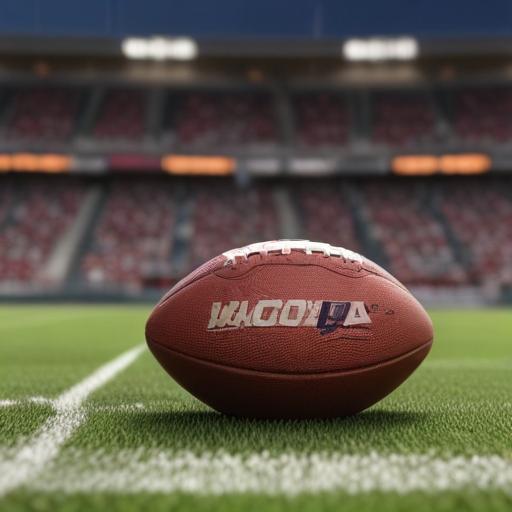Quinshon Judkins Could Return to College Football as NCAA Rules Evolve
Quinshon Judkins, the standout running back who was drafted 36th overall by the Cleveland Browns in 2025, now faces a surprising crossroads: could he return to college football even after being selected in the NFL draft? The question has gained traction as NCAA eligibility rules appear to be shifting amid ongoing antitrust challenges, potentially opening a path back to the college game for Judkins.
The prospect hinges on legal and regulatory developments that could alter the traditional boundary between college athletics and professional leagues. Earlier this week, a federal judge granted four West Virginia players waivers allowing them to compete in 2025, a decision that has supporters arguing it signals a broader willingness to grant waivers in unique cases. While each waiver is decided on its own merits, the ruling has created a fresh precedent that advocates say could benefit Judkins should similar circumstances apply to him.
A secondary factor is the NFL’s own collective bargaining framework. While the NFL-CBA is not binding on the NCAA, it does leave room for players who declare for the draft but remain unsigned to re-enter collegiate eligibility. Since Judkins never signed a contract with Cleveland, he may still pursue a return to college football under the right conditions. If he chooses to go back to school, the Browns would retain his contractual rights, and Judkins would re-enter the NFL draft in 2026 if he doesn’t complete a college season.
The situation is further complicated by the NFL’s personal conduct investigation involving Judkins. Whether or how that investigation interacts with a potential return to college football remains a major question for Judkins, his advisers, and the institutions involved.
What would a return mean for Judkins and for college football? If NCAA eligibility rules continue to loosen in select cases, Judkins could have an opportunity to showcase his talents on the college stage again, re-enter the draft with a more mature resume, and perhaps help a program in need of a dynamic running back. For college teams and fans, the possibility of a high-profile player returning after an initial dip into the pros adds an intriguing storyline to an already competitive season.
Key takeaways:
– Judkins remains under NFL scrutiny but has not signed with the Browns, keeping the door open for a possible college return.
– NCAA waiver discussions are increasingly in focus as antitrust challenges shape eligibility rules, with recent WVU waivers serving as a potential precedent.
– The NFL-CBA allows for the possibility of returning to college for players who declared for the draft but did not sign, though practical paths depend on league rulings, school approvals, and the ongoing conduct inquiry.
– Any decision will involve balancing personal, legal, and academic considerations, with potential long-term implications for Judkins’ professional prospects.
Summary: The idea of Quinshon Judkins returning to college football hinges on evolving NCAA eligibility standards and how the NFL’s agreement with players intersects with those rules. While not guaranteed, the possibility introduces a notable twist in Judkins’ career and could reshape the arc of a player poised to make an impact at either level.
If pursued, a return could offer a hopeful turnaround narrative: a talented player navigating regulatory and league frameworks to continue competing at a high level, regain college eligibility, and potentially re-enter the NFL draft with renewed experience.
